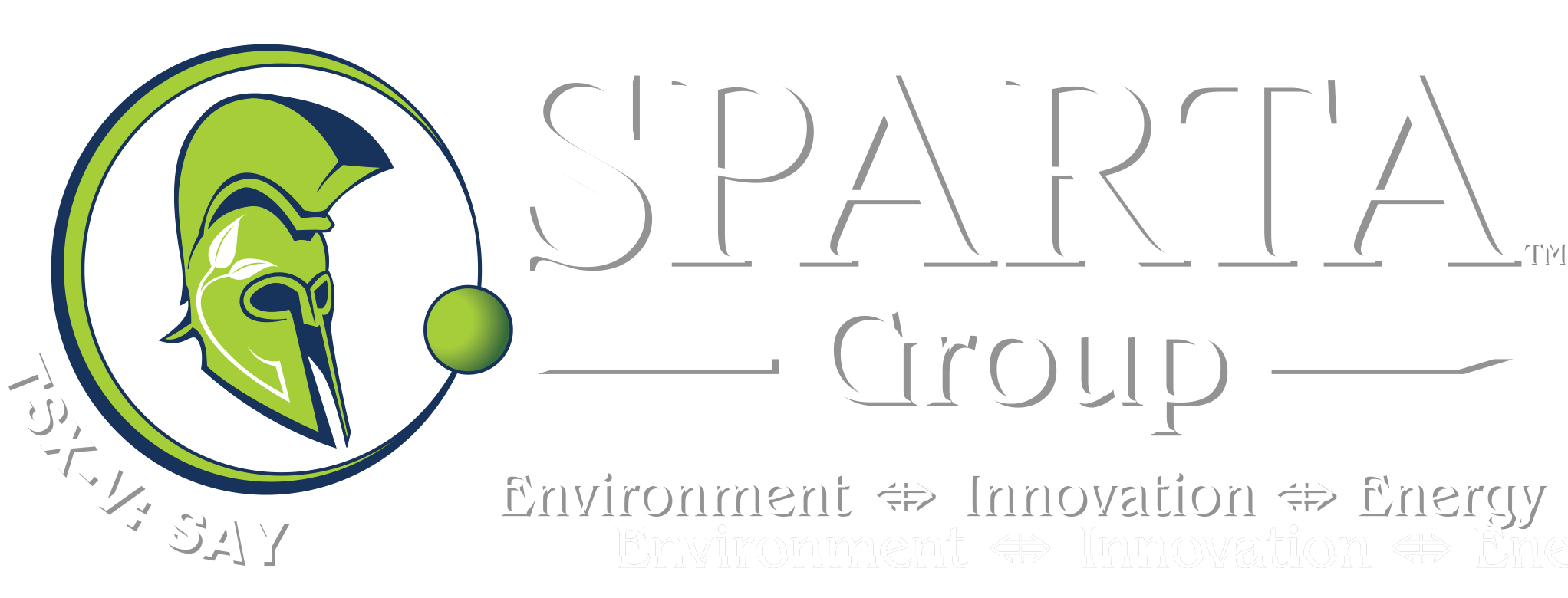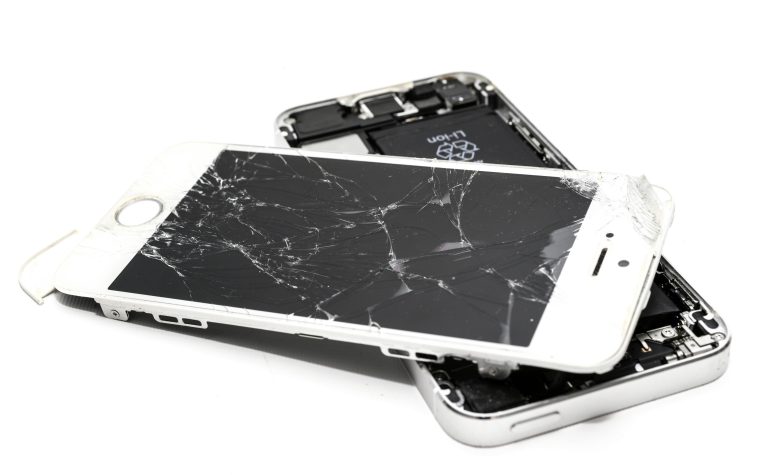– Lane Simond:
Vaping has increased dramatically in Canada, especially among teenagers, and while the emphasis in recent years has been on the negative impacts on the health of those who vape, there is a major environmental threat as well.
We keep hearing about government attempts to reduce use of plastics, but there is a growing problem with the amount of plastic disposable vapes that are making it into the trash. Millions of vapes are produced every year and few people know how to recycle them.
Sparta Group’s, e-waste recycling/upcycling facility in East Toronto is one of few companies to accept vapes for recycling. Disposable vapes contain plastics, as well as rechargeable lithium-ion batteries that can leach into the environment when disposed of. Having a responsible recycler handle vapes is a good alternative, but unfortunately, most people treat vapes as disposable.
“Some vapes even have metals in them. Not only can they hurt our planet, but they are also a valuable resource in a world where metal extraction is expensive and hard on the environment. Recycling such materials just makes sense,” said John O’Bireck, President and CTO for Sparta Group.
A lack of strict regulations for vape production, as well as limited education around how to recycle vapes means the problem isn’t going away anytime soon.
If you own or operate a vape manufacturing facility, Sparta management have stated that they can help you do “the right thing” by recycling any vape waste. If you purchase vapes, ask the retailer if they can direct you to a recycling program so your vapes don’t end up in the trash.



